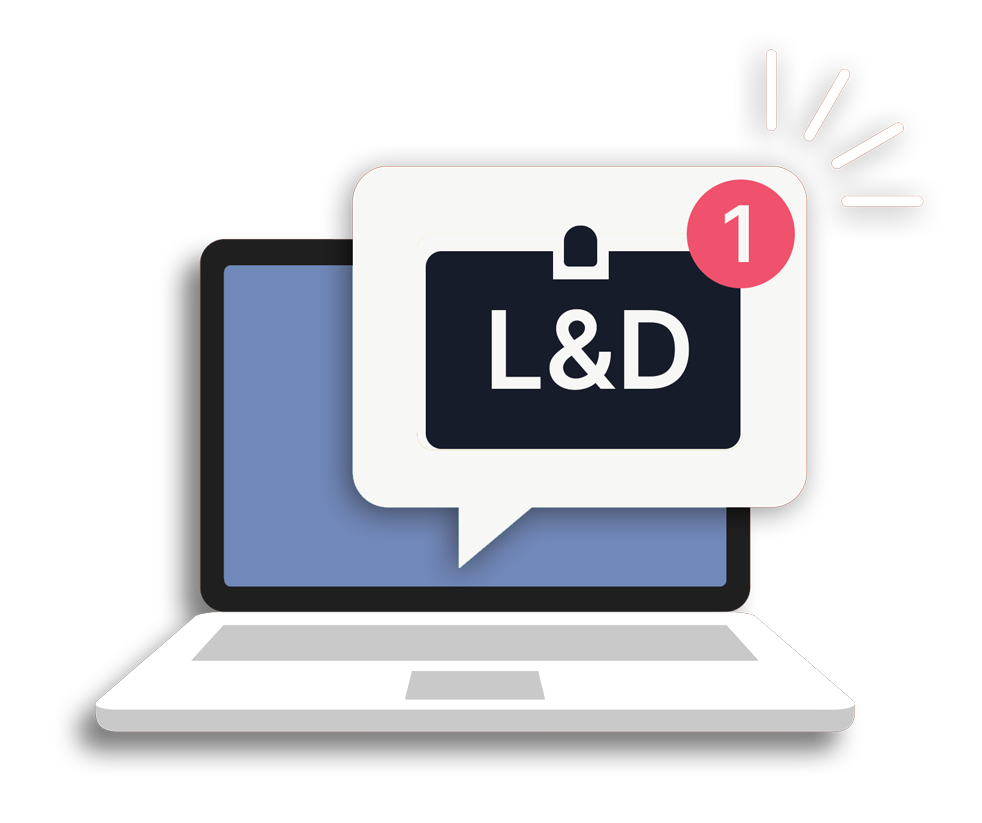This week, we ran a webinar that hit the mark.
The topic? Competency assessments!
With over 440 people registered, it’s clear this topic resonates across aged care and well beyond. Even though aged care is currently planning for the implementation of the strengthened standards, in particular, Action 2.9.6, which requires complex competency-based education on core matters,
This could be said of any sector, though. As an intensive care nurse with an acute care background, I’ve seen firsthand how challenging competency assessment can be, regardless of where or who you care for.
There’s a shared understanding that competency is essential. But the way we’re going about it in many cases is not working, and it’s confusing!
Too often, competency assessments are treated like a checklist. It’s too often a paper-based task we know doesn’t reflect the depth or complexity of what we’re trying to do: build a capable workforce and support a workforce to provide safe, high-quality care.
It’s Not About Ticking Boxes – It’s About Confidence and Assurance
The purpose of competency assessment isn’t just to say something happened—it’s to show that someone can do what’s required in real-world settings. That matters deeply in environments where care is high risk, needs are complex, and expectations are rising.
When done well, competency assessments provide:
- Confidence to the worker, their manager, and the organisation.
- Governance assurance for boards and leaders who are ultimately accountable.
- Workforce insight helps connect training, performance, and risk management.
That’s not just compliance. That’s quality assurance.
So Why Is It Still So Hard?
In our webinar, we heard that providers are still grappling with outdated templates, inconsistent assessment methods, one-size-fits-all tools, and paper processes that don’t reflect how people work.
Not to mention the challenges a home care provider experiences trying to assess and manage competency remotely!
It doesn’t help that we are trying to do this monumental task using clunky systems! No wonder it feels broken.
But this isn’t a failure. It’s a system design issue. The good news is that it can be fixed.
How We’re Thinking About It
At Ausmed, we’re starting by reimagining what good looks like. That means assessments that are:
- Clear and structured, with observable behaviours and role-specific criteria.
- Flexible and inclusive, allowing different verification methods that suit the workforce.
- Embedded in governance, not sitting off to the side.
- Linked to outcome so we can close the learning, performance, and safety loop.
We’re building this into our Competency™ Beta templates, available now to help providers get started. With time, we will also be able to discuss a digital competency management system that reduces the administrative burden and improves oversight.
This work is still unfolding, but we wanted to bring you along in the thinking.
Keen to learn more?
Watch the full webinar recording to hear more about the challenges and principles shaping the future of competency assessment.
Interested in Competency Templates?
Exclusively available to Ausmed Learn™ customers, the Ausmed Competency™ Beta is part of our commitment to enhancing competency management and workforce capabilities.
Jump on a call to discover how to give your organisation access to competency assessment templates early.



